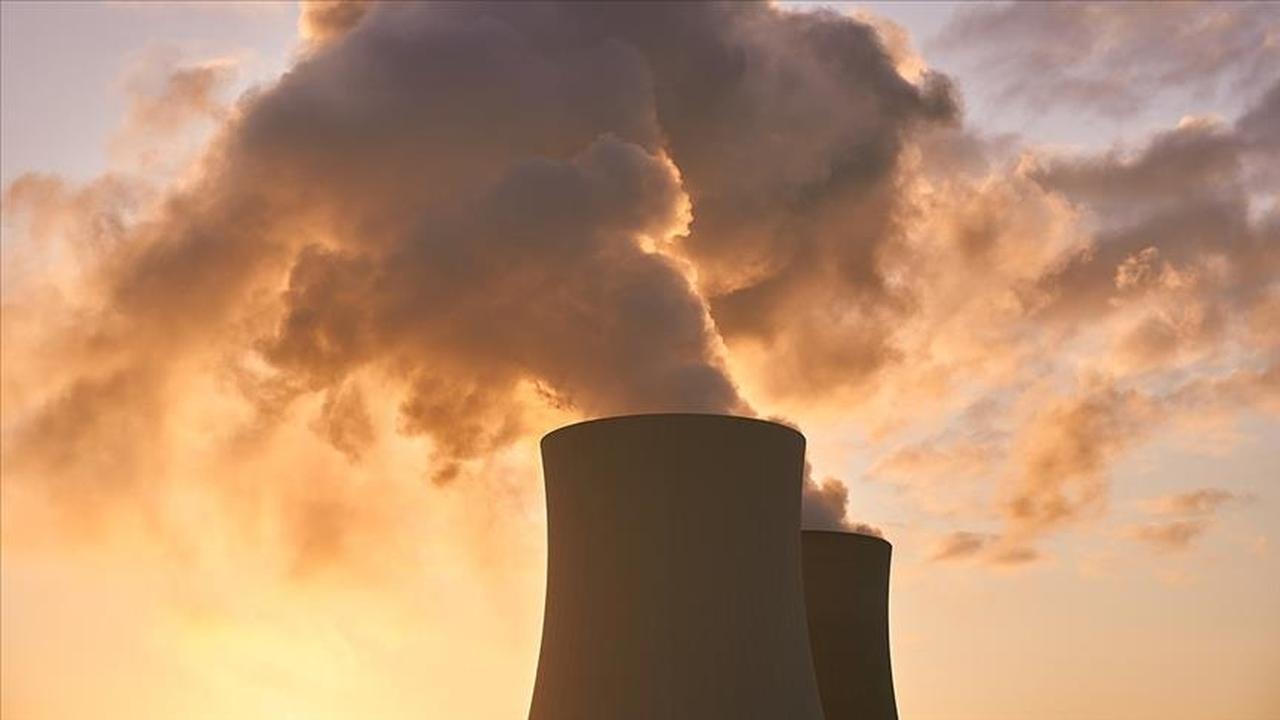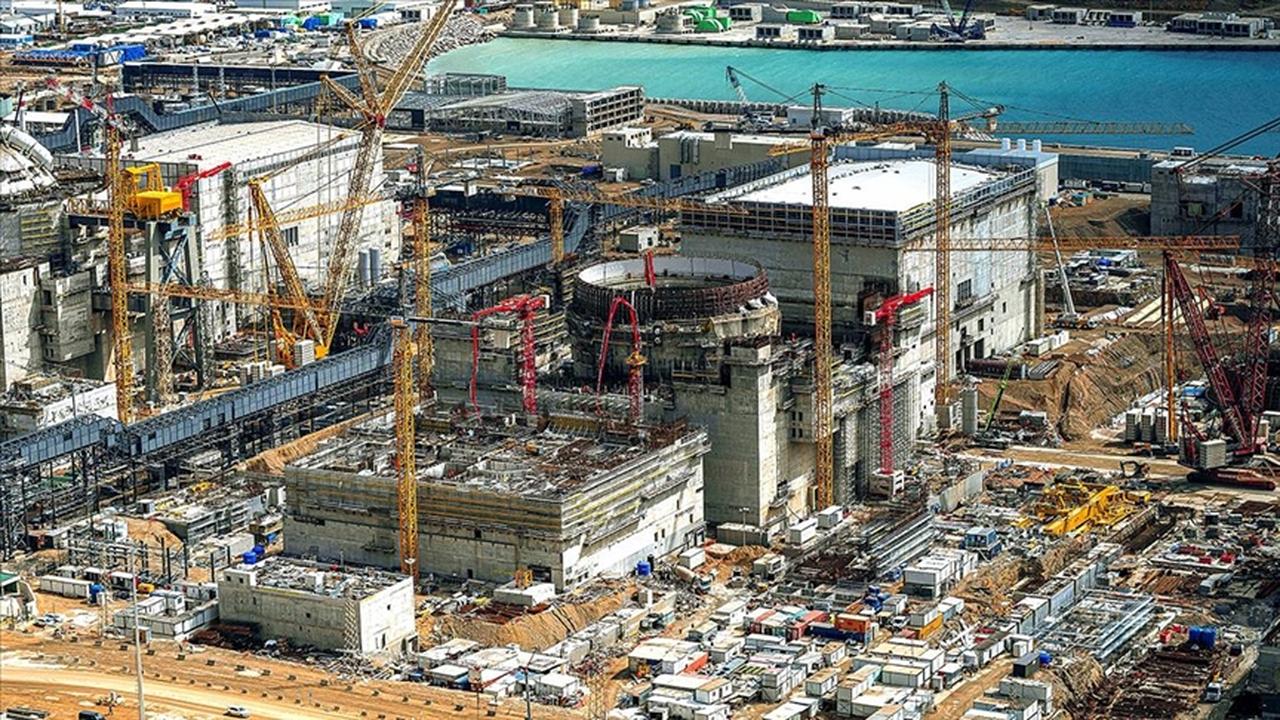
Türkiye has initiated preliminary negotiations with Canada’s Candu Energy and several other international companies as it looks to move ahead with the construction of its second and third nuclear power plants, Energy and Natural Resources Minister Alparslan Bayraktar said Monday.
During a visit to the country’s southeast, Bayraktar told reporters that Türkiye intends to formalize its plans for the new nuclear projects within the year. He noted that alongside established interest from Russia, South Korea, and China, additional talks are underway with other potential partners.

“For example, we are in contact with a company from Canada—Candu Energy,” he said, referencing the nuclear technology firm known for its heavy water reactor systems.
Candu Energy Inc., a subsidiary of the engineering group AtkinsRealis, confirmed that discussions with Turkish officials are ongoing. Daniela Pizzuto, director of external communications at AtkinsRealis, emphasized that the company values the opportunity to expand its international collaboration.
“Candu Energy Inc. appreciates the initial talks with Türkiye’s Energy Minister and his team. We are eager to deepen our engagement in the near future,” Pizzuto said in a written statement to Reuters.
She explained that while the Candu reactor technology is owned by the Canadian government, AtkinsRealis is the sole licensee authorized to develop and commercialize it globally.
Türkiye's only ongoing nuclear project, the Akkuyu Nuclear Power Plant, is currently under construction in the southern province of Mersin. The facility is being built by Russia’s state-run energy firm Rosatom as part of a $20 billion deal signed in 2010.

Bayraktar confirmed that the government plans to establish similar nuclear facilities in Sinop, located on the Black Sea coast, and in the Thrace region in the northwest. He added that progress on both projects is accelerating and that tangible steps are expected within this year.
Türkiye plans to commission the first unit of the Akkuyu Nuclear Power Plant in 2025 and aims to generate approximately 64 gigawatts of electricity within the year.